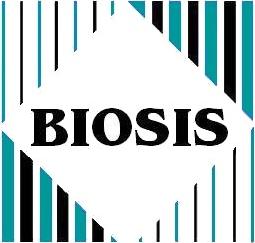Team:UNAM-Genomics Mexico
From 2010.igem.org

The Gist
For millions of years, bacteria have only transmitted information in a chemical fashion (i.e. Quorum sensing). It is now time to start a paradigm shift where communication is mediated by light , not only through its presence or absence, but also through the wavelength(color) emitted, thus breaking spacial and chemical barriers.
We have implemented 3 emission and 3 reception modules for red, green, and blue light, and interconnected them so as to construct a light-based feedback loop of red-green-blue light, which will make the proof of concept of communication over distance and proper signal decoding.
We are sure that this new level will soon change reasoning and design in synthetic biology while interfacing living systems with themselves and informational systems, as computers.
The time has come to embrace possibilities like intercontinental cell synchronization, bio cables, cuaternary (as opposed to binary) logic gates, computer controlled gene expression, and anything within the reach of human imagination.
The Quick & Dirty Facts
Movie
We made this short animation to show the concept behind our project.
Sponsors
As you are probably aware, most projects are unfeasible without economic support. Our iGEM project is no different. In this section we kindly thank our sponsors, whose help is greatly appreciated in aiding us with the development of this project.
Welcome
You are very much welcome to our Wiki! We have invested considerable effort in it, we hope you like it.iGEM
iGEM is the International Genetically Engineered Machines Competition, held each year at MIT and organized with support of the Parts Registry. See more here.Synthetic Biology
This is defined as attempting to manipulate living objects as if they were man-made machines, specifically in terms of genetic engineering. See more here.Genomics
We are students on the Genomic Sciences program at the Center for Genomic Sciences of the National Autonomous University of Mexico, campus Morelos. See more here.This site is best viewed with a Webkit based Browser (eg: Google's Chrome, Apple's Safari),
Trident based (Microsoft's Internet Explorer) or Presto based (Opera) are not currently supported. Sorry.
 "
"
